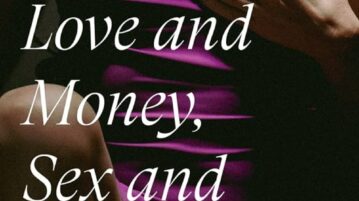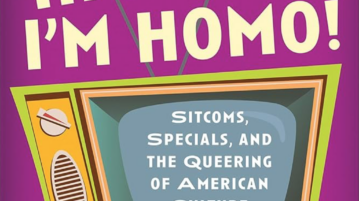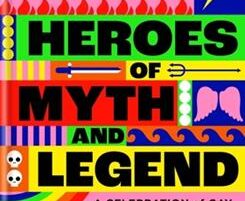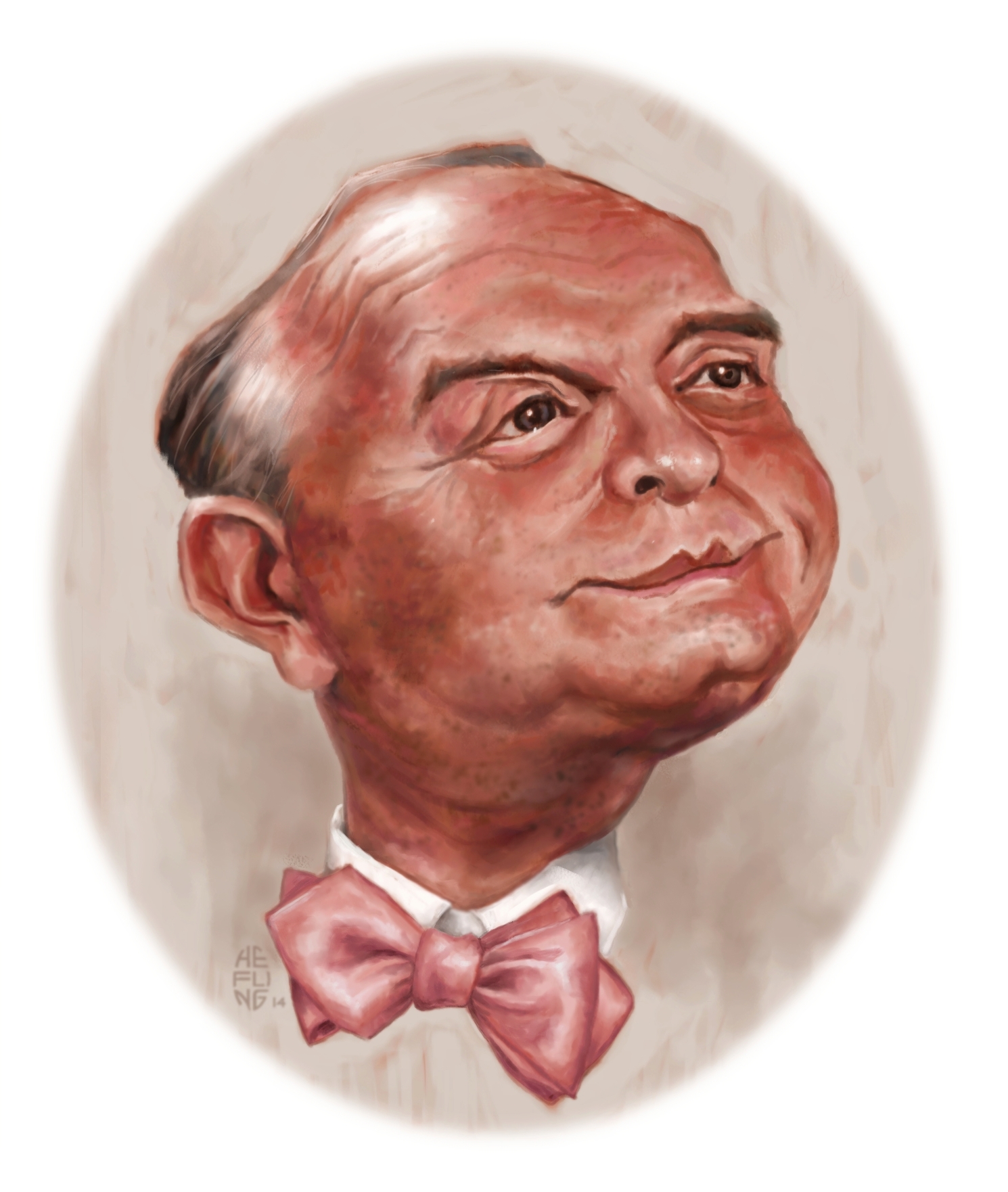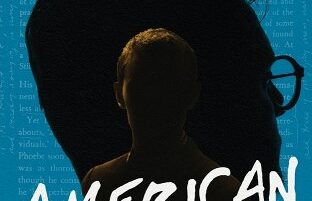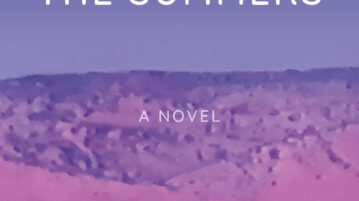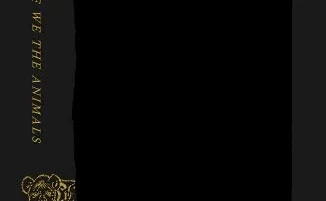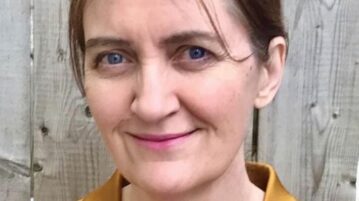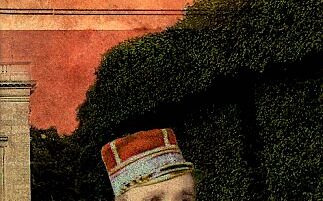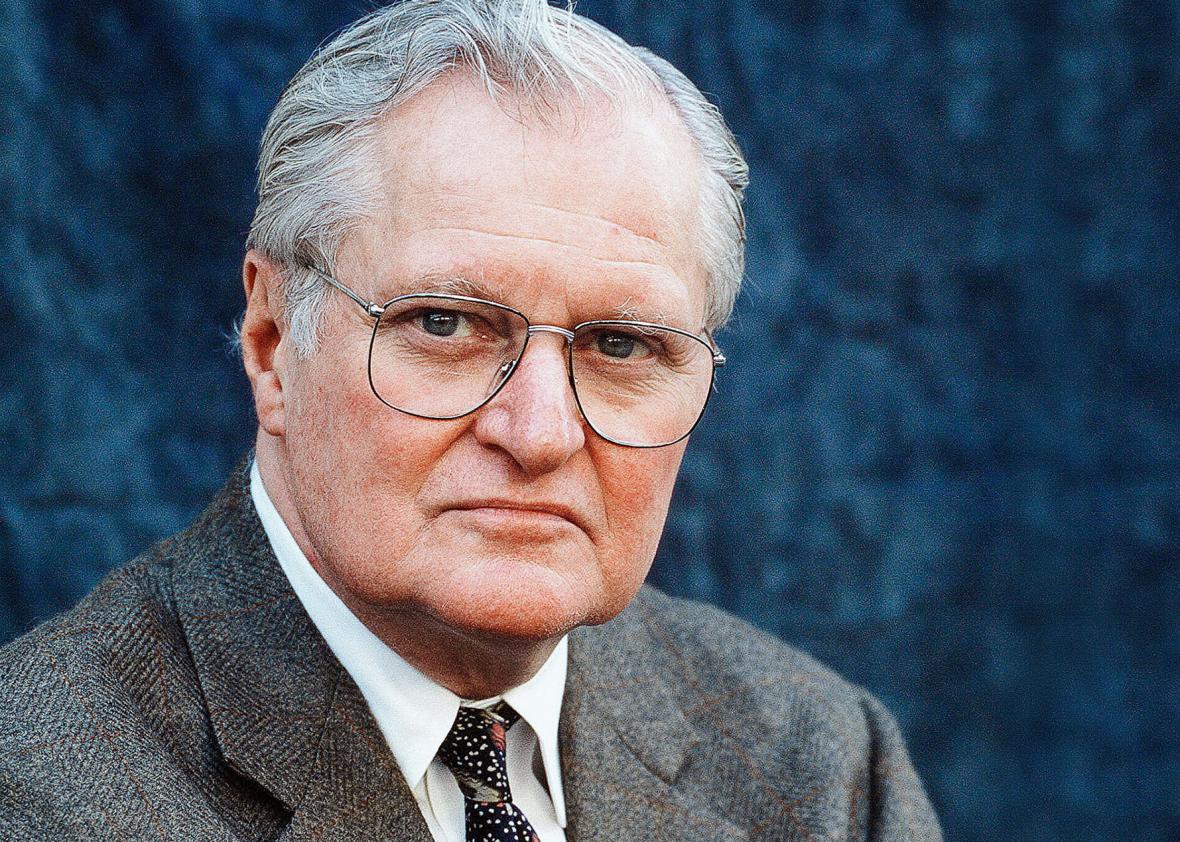
Who’s Afraid of John Ashbery?
POET JOHN ASHBERY (1927-2017) is described by Jess Cotton in Critical Lives as “at once notorious and celebrated” owing to the perceived difficulty of his work. Cotton’s short but thorough explication of Ashbery’s life and work does a fine job of placing him both as a 20th-century poet and as a leading figure among gay writers.
More

